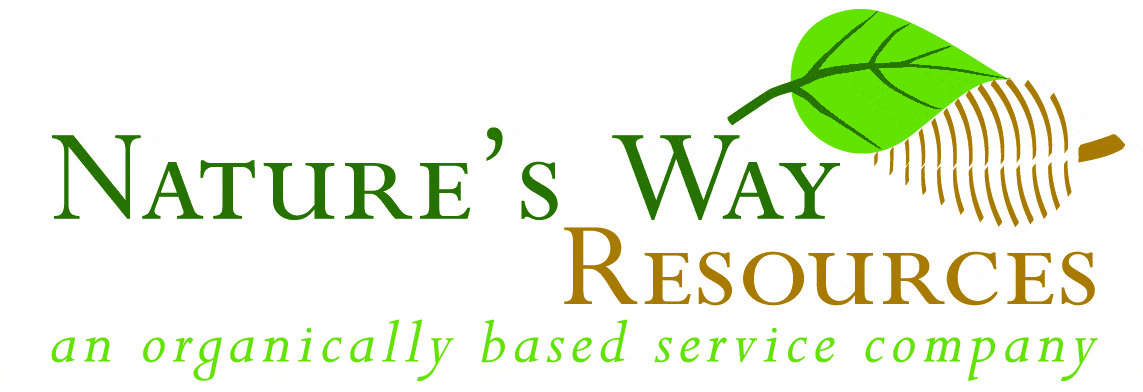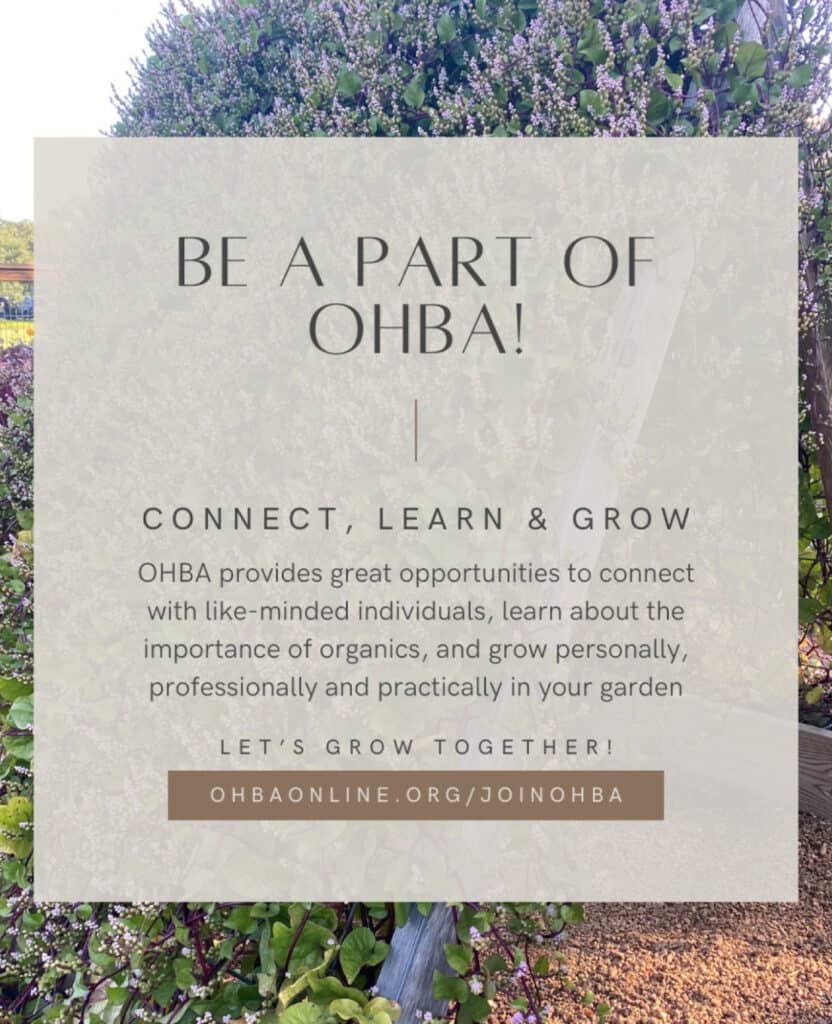John's Corner:
Soil & Plants (Part 111)
News from the Wonderful World of Soil & plants 111
By: John Ferguson
When planning our gardens, we need to think about “How will it affect Birds?” A study published in the Journal Science (September 2019) found that North America has 3 Billion less birds today than in 1970. We are experiencing an ecological crisis as a result. Birds play an extremely important role in our ecosystems from pollinating plants, dispersing seeds, controlling pests, and even fertilization (nutrient rich bird poop).
Grassland species have faired the worst as our native prairie grasses have been replaced with Bermuda and other grasses did that do not provide food or shelter for birds.
Much of this decline is also due to habitat loss. A little over 5 years ago my wife and I purchased a few acres of land near LaGrange Texas to build our retirement home on. At the time the fields were primarily Bermuda and KR Bluestem. There were no doves, quail or wild turkeys. Over the last five years as we have worked on habitat restoration, the Little Bluestem, Bushy Bluestem, Indian Grass, many species of forbs and wildflowers etc. have returned. As a result, I regularly see doves, quail, turkeys and many species of water fowl.
A Great book on how to landscape for birds and other wildlife is:
“Bringing Nature Home – How You Can Sustain Wildlife with Native Plants”
by Douglass W. Tallamy, Timber Press, 2014, Edith Printing,
ISBN-13: 978-0-88192-992-8
Not only are native plants good for wildlife they often qualify for rebates to help cover the cost. For example, The Woodlands area residents can get up to a $300 rebate per household from Woodlands Water for purchasing approved native plants. See woodlandswater.org for details.
Note: Another article in the same issue of Science above also found that exposure to neonicotinoid pesticides used on seeds and crops; birds lost weight, delayed migration, and developed other issues.
More and more gardeners are looking for and growing heirloom vegetables. The reasons range from better flavor, higher nutrient density, to much higher levels of compounds that make us healthy.
It is well established that most plants form mycorrhizal associations with fungi and other microbes in healthy soil. A paper published in the journal Global Change Biology last fall by researchers at Leeds University explains some of the reasons why.
Basically, the intensive breeding and hybridization of plants for the last few thousand years have resulted in plants that can no longer form a partnership with soil microbes. Without these beneficial fungi the plants require more artificial fertilizers and other toxic chemicals to grow, hence have less nutrients and do not taste as good.
A related paper published by researchers at Oxford University and the University of Minnesota published in the journal Proceedings of the National Academy of Science (2019), concludes that eating foods with the highest positive health outcomes also have the lowest environmental impact. Conversely, unhealthy foods cause the most environmental damage.
A false story came out a few months ago with the headline that stated “Sorry, organic farming is actually worse for climate change”. This information was put out by scientists paid to falsify data to create doubt and prevent governments from taking action. The actual numbers are a transition to organic production would not only increase the quality and nutrition of our food supply; it would reduce greenhouse gasses by a minimum of 20% from agriculture.
A new book reveals this process of scientists selling their soul for money. David worked for OSHA for many years as the Assistant Secretary of Labor where he shares first hand knowledge of this deception.
The TRIUMPH OF DOUBT – Dark Money and the science o deception, David Michaels, 2020, Sheridan Books, ISBN: 978-0190922665
Over the last few years, we have discussed research that shows being a gardener and exposure to green space increases the body’s production of melatonin and its relation to our health and immune system. Researchers like Stephanie Seneff, Ph.D., senior research scientist at MIT, have found another link between glyphosate (Round-Up) in our food and the corona virus outbreak.
When we eat food with this herbicide on it, it prevents the human bodies immune system from working properly, making us more susceptible to this disease. Bottom line is that when we eat foods that have this toxic chemical on them, it weakens our immune system increasing the chances of a severe case of this virus. Foods that are genetically modified have the highest levels of this chemical.
The only way to avoid this issue is to raise one’s own food (a modern victory garden) or buy organic. The full explanation of the link between this increase risk of the corona virus is explained in the link below.
articles.mercola.com
A few weeks ago, we also talked about how exposure to Round-Up in our food prevents the body from absorbing essential elements that our immune system requires to protect us from viruses like corona.

